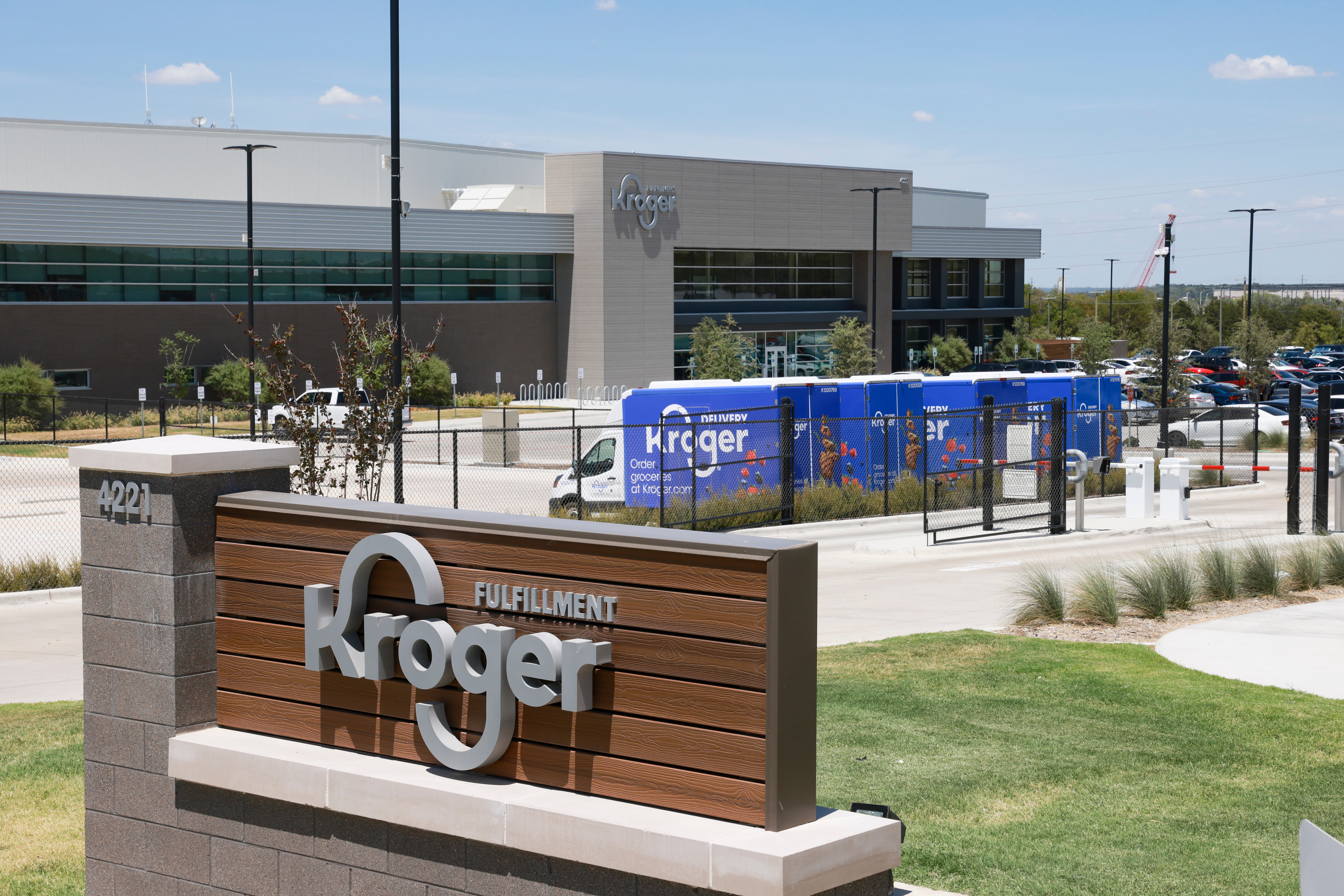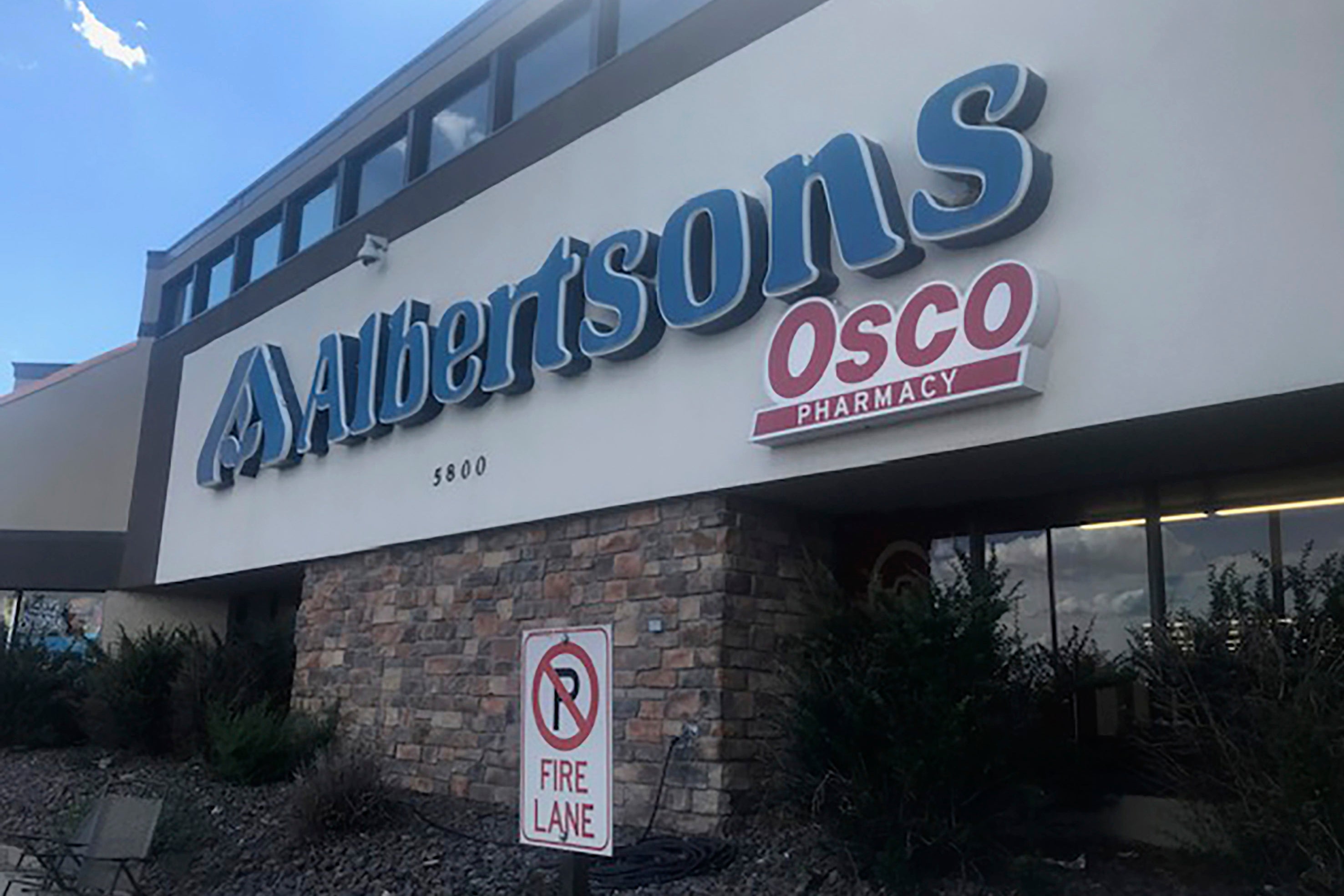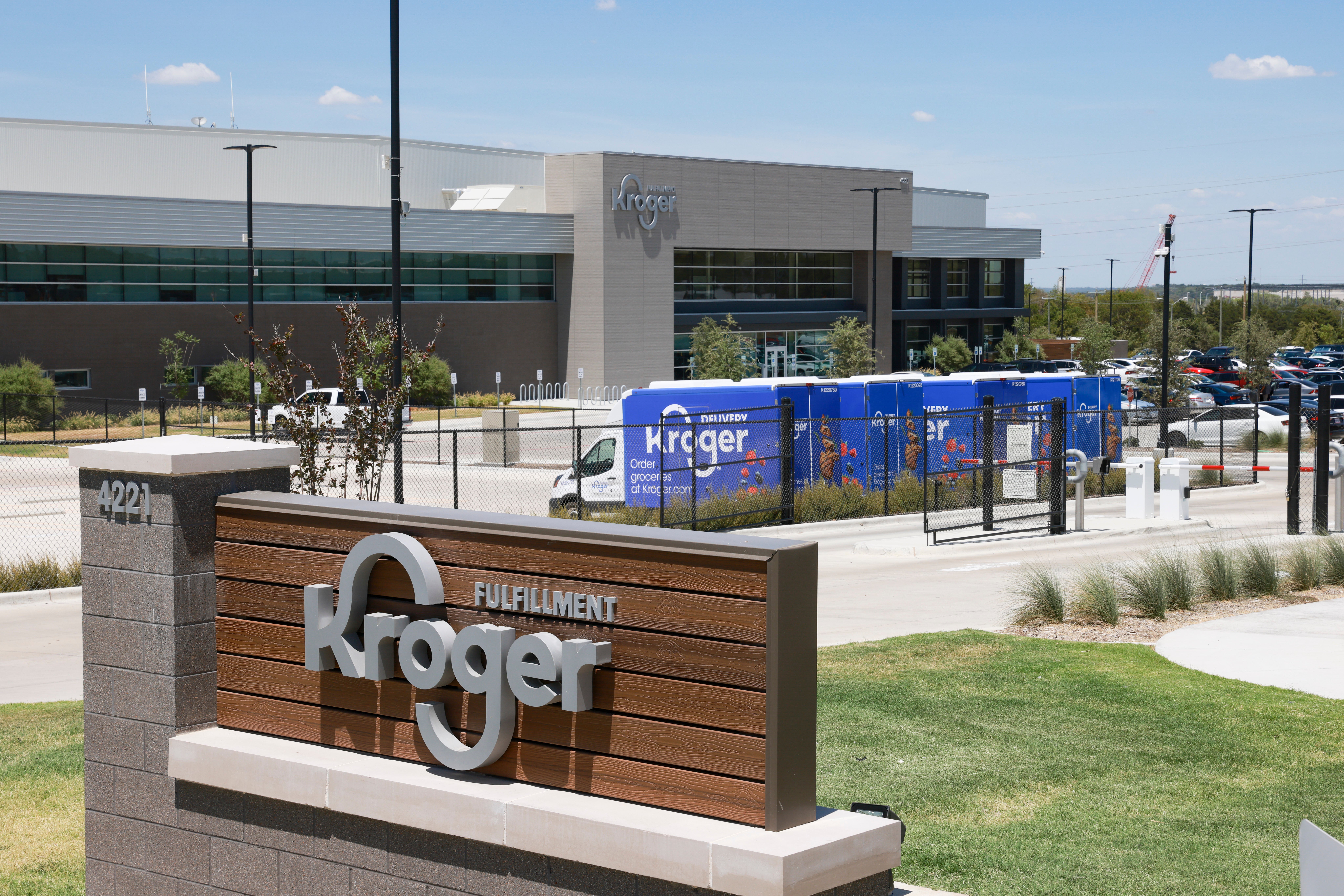Your help helps us to inform the story
From reproductive rights to local weather change to Huge Tech, The Impartial is on the bottom when the story is creating. Whether or not it is investigating the financials of Elon Musk’s pro-Trump PAC or producing our newest documentary, ‘The A Phrase’, which shines a light-weight on the American ladies preventing for reproductive rights, we all know how necessary it’s to parse out the info from the messaging.
At such a important second in US historical past, we’d like reporters on the bottom. Your donation permits us to maintain sending journalists to talk to each side of the story.
The Impartial is trusted by Individuals throughout all the political spectrum. And in contrast to many different high quality information shops, we select to not lock Individuals out of our reporting and evaluation with paywalls. We imagine high quality journalism ought to be obtainable to everybody, paid for by those that can afford it.
Your help makes all of the distinction.
Kroger and Albertsons’ plan for the biggest U.S. grocery store merger in historical past crumbled Wednesday, with Albertsons pulling out of the $24.6 billion deal and the 2 firms accusing one another of not doing sufficient to push their proposed alliance by way of.
Albertsons mentioned it had filed a lawsuit in opposition to Kroger, looking for a $600 million termination charge in addition to billions of {dollars} in authorized charges and misplaced shareholder worth. Kroger mentioned the claims have been “baseless” and that Albertsons was not entitled to the charge.
“After reviewing choices, the corporate decided it’s now not in its finest pursuits to pursue the merger,” Kroger mentioned in a press release Wednesday.
The bitter breakup got here the day after two judges halted the proposed merger in separate court docket circumstances. U.S. District Court docket Decide Adrienne Nelson in Oregon issued a preliminary injunction Tuesday blocking the merger till an in-house choose on the Federal Commerce Fee may take into account the matter.
An hour later, Superior Court docket Decide Marshall Ferguson in Seattle issued a everlasting injunction barring the merger. Ferguson dominated that combining Albertsons and Kroger would reduce competitors and violate consumer-protection legal guidelines.
The businesses may have appealed the rulings or proceeded to the in-house FTC hearings. Albertsons’ determination to tug out of deal as a substitute shocked some trade consultants.

“I am in a state {of professional} and business shock that they might take this scorched earth strategy,” mentioned Burt Flickinger, a longtime analyst and proprietor of retail consulting agency Strategic Useful resource Group. “The logical factor would have been for Albertsons to let the choice sink in for a day after which meet and see what could possibly be carried out. However the lawsuit appears to make {that a} moot situation.”
Albertsons is unlikely to search out one other merger associate as a result of it has vital debt and underperforming shops in most of its markets., Flickinger mentioned. Shoppers will really feel probably the most instant influence of the deal’s demise, he mentioned, since Albertsons prices 12% to 14% greater than Kroger and different grocery rivals.
“They’d a lot debt they needed to pay it off it is mirrored of their pricing and promotional construction,” Flickinger mentioned.
Albertsons CEO Vivek Sankaran testified in the course of the federal listening to in September that his firm may take into account “structural choices” like shedding staff, closing shops and exiting sure markets if the merger with Kroger did not undergo.
“I must take into account that,” he mentioned. “It is a dramatically completely different image with the merger than with out it.”
However in a press release Wednesday, Sankaran mentioned Albertsons would “begin this subsequent chapter in sturdy monetary situation with a observe report of optimistic enterprise efficiency.” Within the firm’s most up-to-date quarter, Albertsons’ income rose 1% to $18.5 billion and it reported $7.9 billion in debt.
Kroger mentioned it will additionally transfer ahead in a robust monetary place, with income down barely to $33.6 billion in its most up-to-date quarter. The corporate introduced a $7.5 billion share buyback program Wednesday after a two-year pause.
Kroger and Albertsons first proposed the merger in 2022. They argued that combining would assist them higher compete with huge retailers like Walmart, Costco and Amazon, that are gaining an rising share of U.S. grocery gross sales. Collectively, Kroger and Albertsons would management round 13% of the U.S. grocery market. Walmart controls round 22%.
Below the merger settlement, Kroger and Albertsons — who compete in 22 states — agreed to promote 579 shops in locations the place their places overlap to C&S Wholesale Grocers, a New Hampshire-based provider to unbiased supermarkets that additionally owns the Grand Union and Piggly Wiggly retailer manufacturers.
However the Federal Commerce Fee and two states — Washington and Colorado — sued to dam the merger earlier this yr, saying it will elevate costs and decrease employees’ wages by eliminating competitors. It additionally mentioned the divestiture plan was insufficient and that C&S was ill-equipped to tackle so many shops.
On Wednesday, Albertsons mentioned that Kroger did not train “finest efforts” and to take “any and all actions” to safe regulatory approval of the businesses’ agreed merger transaction.

Albertsons mentioned Kroger refused to divest the belongings essential for antitrust approval, ignored regulators’ suggestions and rejected divestiture patrons that may have been stronger than C&S.
“Kroger’s self-serving conduct, taken on the expense of Albertsons and the agreed transaction, has harmed Albertsons’ shareholders, associates and shoppers,” mentioned Tom Moriarty, Albertsons’ normal counsel, in a press release.
Kroger mentioned that it disagrees with Albertsons “within the strongest potential phrases.” It mentioned early Wednesday that Albertsons was answerable for “repeated intentional materials breaches and interference all through the merger course of.”
Cincinnati, Ohio, primarily based Kroger operates 2,800 shops in 35 states, together with manufacturers like Ralphs, Smith’s and Harris Teeter. Albertsons, primarily based in Boise, Idaho, operates 2,273 shops in 34 states, together with manufacturers like Safeway, Jewel Osco and Shaw’s. Collectively, the businesses make use of round 710,000 individuals.
Kroger sued the FTC in August in federal court docket in Ohio, claiming that the federal company’s in-house administrative hearings have been illegal as a result of the FTC was additionally in a position to problem the merger in federal court docket in Oregon. In paperwork filed Wednesday, the FTC mentioned it anticipated to replace the court docket on its subsequent steps in that case by Dec. 17.
In Colorado, which additionally sued to dam the merger, Legal professional Basic Phil Weiser mentioned Tuesday that he nonetheless was awaiting a choice from a state choose. In that case, Colorado additionally was difficult an allegedly unlawful no-poach settlement Kroger and Albertsons made throughout a 2022 strike.
Shares of Albertsons fell 1.5% Wednesday, whereas Kroger’s inventory was up 1%.
#Albertsons #sues #Kroger #million #failed #grocery #merger
The Impartial
#Albertsons #sues #Kroger #million #failed #grocery #merger
Related Press , 2024-12-11 22:16:00



